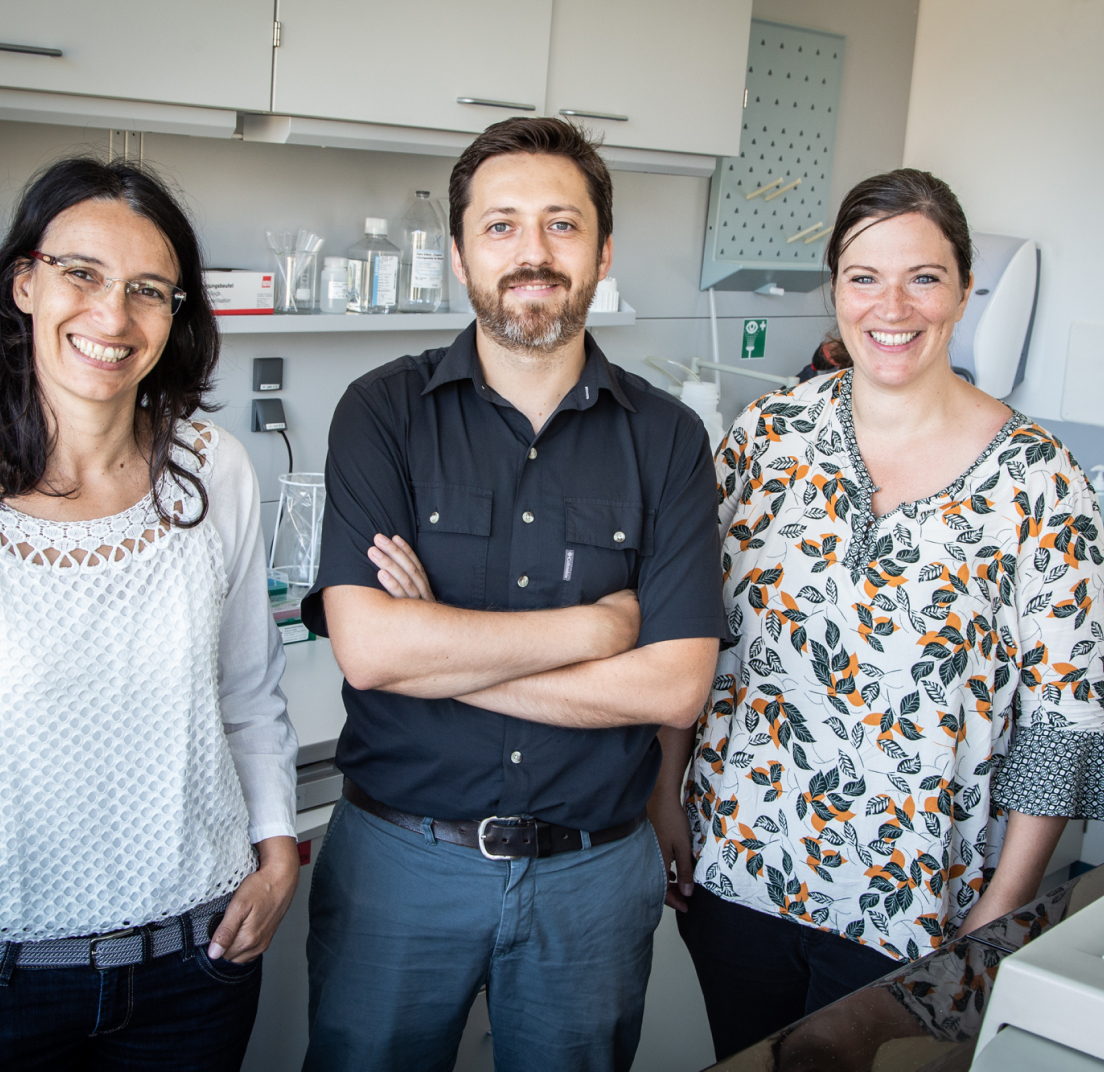“Metabolic Changes in T Cells & Monocytes”
PI: Carmen Scheibenbogen, MD
Charité—Universitätsmedizin Berlin in Germany
“Metabolic Changes in T Cells & Monocytes”
PI: Carmen Scheibenbogen, MD
Charité—Universitätsmedizin Berlin in Germany

Dr. Carmen Scheibenbogen (MD) and Franziska Sotzny (PhD), a postdoctoral researcher at Charité University in Berlin, are studying the metabolism of two types of immune cells – T cells and monocytes. Part of a progression of work to better understand an infection-triggered subset of patients, the project was designed to confirm and build on findings from recent studies of altered metabolites in patients’ serum. The team will use a Seahorse Analyzer, a powerful technology that profiles the metabolic activity of cells, including real-time measurement of reactions in mitochondria.
Major Ramsay goals fulfilled:
✓ Keeping researchers engaged in the field. Dr. Scheibenbogen has become a prolific researcher in defining the role of autoimmunity and infectious-onset in ME/CFS. The Ramsays have provided seed funding to support her work over two cycles of the program.
Check out coverage from Cort Johnson’s Health Rising blog here.
Read the research team’s study abstract below:
Patients with Myalgic encephalomyelitis/Chronic Fatigue Syndrome (ME/CFS) suffer from a wide range of physical, neurocognitive and autonomic symptoms. There is a strong evidence for an impairment of the cellular metabolic function and dysregulation of the immune system in ME/CFS. More recently, different research groups uncovered severe metabolic alterations in ME/CFS patients (1-3). There is first evidence that a serum factor causes these metabolic alterations, which might be an autoantibody (3). We could show antibodies against adrenergic (AdR) and acetylcholine receptors (AchR) in a subset of patients with ME/CFS (4). Adrenergic and acetylcholinergic dysregulation may influence cellular metabolism.
The function of immune cells is highly dependent on energy metabolism and synthesis of proteins and lipids. Immunodeficiency or altered immune function is frequently found in ME/CFS. In this project we want to confirm and extend the findings from recent studies of altered metabolites in patients’ serum. The aim of our study is to analyze if the metabolism of T cells and monocytes is impaired in ME/CFS patients and correlates with impaired immune function. Further the suitability of a blood cell-based metabolic assays as potential diagnostic markers will be analyzed. The potential use of metabolic markers in plasma is hampered by the necessity to evaluate a larger number of metabolites for a disease specific profile. In this context we will investigate the relevance of adrenergic and acetylcholinergic stimulation on metabolic alterations as well. Taken together this project will contribute to the understanding of the underlying pathomechanism of ME/CFS and may promote the development of diagnostic markers and potential therapeutic strategies.



350 N Glendale Ave.
Suite B #368
Glendale, CA 91206
SolveCFS@SolveCFS.org
704-364-0016
| Cookie | Duration | Description |
|---|---|---|
| cookielawinfo-checkbox-analytics | 11 months | This cookie is set by GDPR Cookie Consent plugin. The cookie is used to store the user consent for the cookies in the category "Analytics". |
| cookielawinfo-checkbox-functional | 11 months | The cookie is set by GDPR cookie consent to record the user consent for the cookies in the category "Functional". |
| cookielawinfo-checkbox-necessary | 11 months | This cookie is set by GDPR Cookie Consent plugin. The cookies is used to store the user consent for the cookies in the category "Necessary". |
| cookielawinfo-checkbox-others | 11 months | This cookie is set by GDPR Cookie Consent plugin. The cookie is used to store the user consent for the cookies in the category "Other. |
| cookielawinfo-checkbox-performance | 11 months | This cookie is set by GDPR Cookie Consent plugin. The cookie is used to store the user consent for the cookies in the category "Performance". |
| viewed_cookie_policy | 11 months | The cookie is set by the GDPR Cookie Consent plugin and is used to store whether or not user has consented to the use of cookies. It does not store any personal data. |
Please let us know more about you.
Please let us know more about you.
Please let us know more about you.
Please let us know more about you.